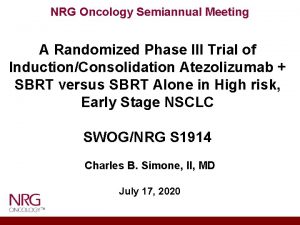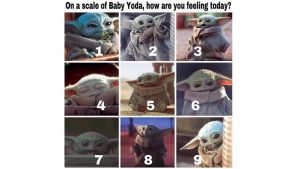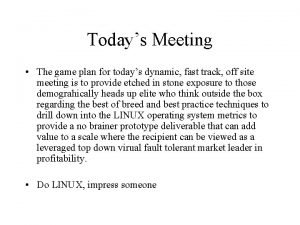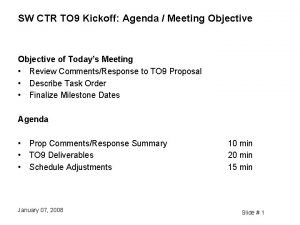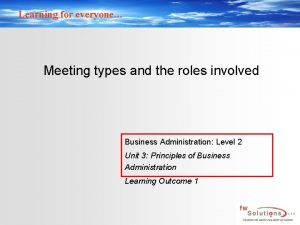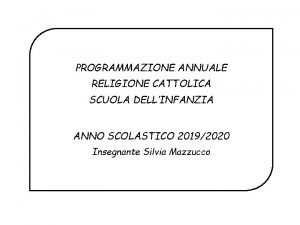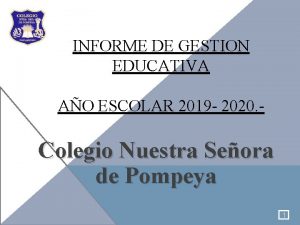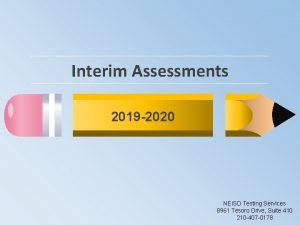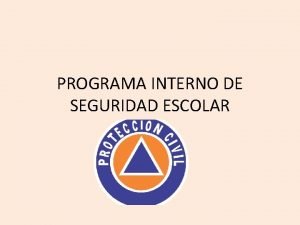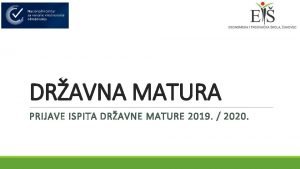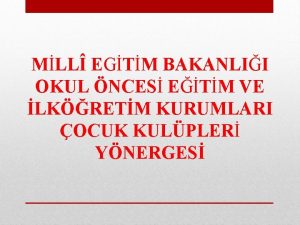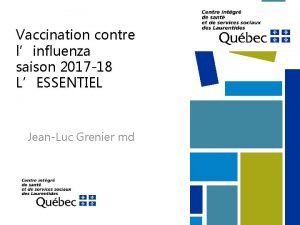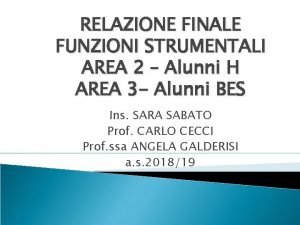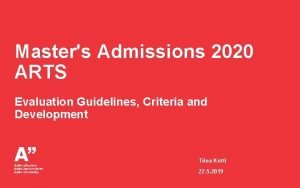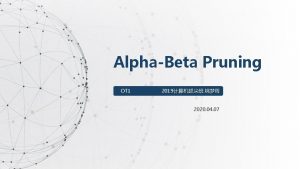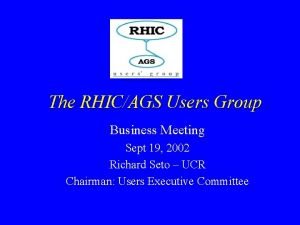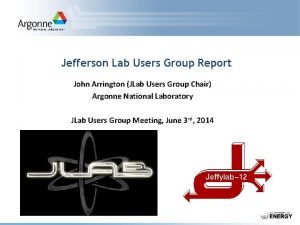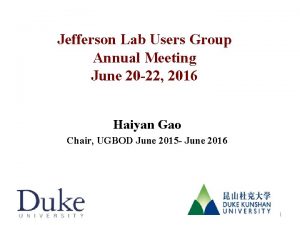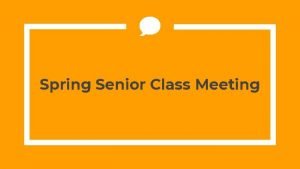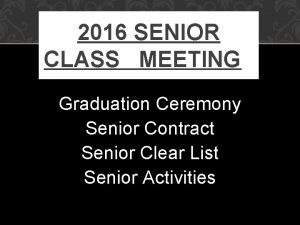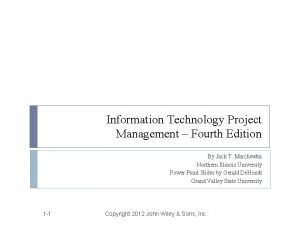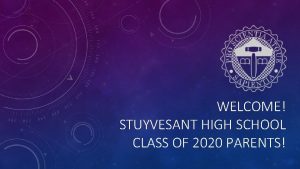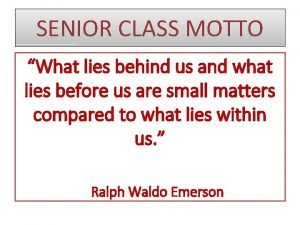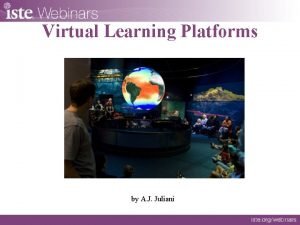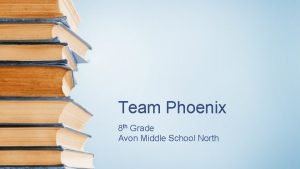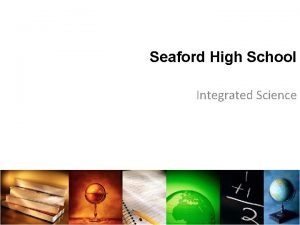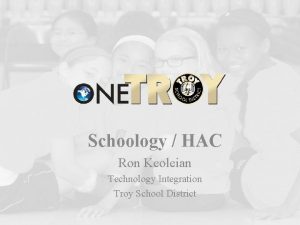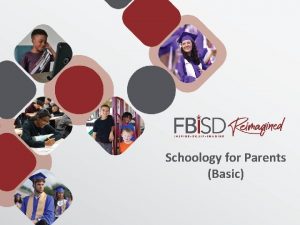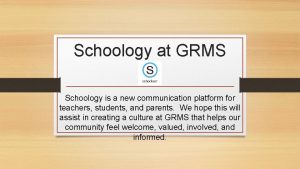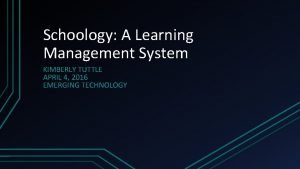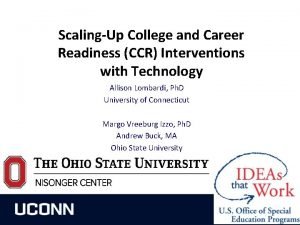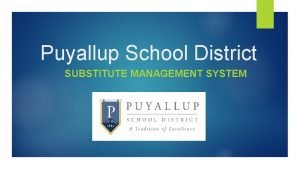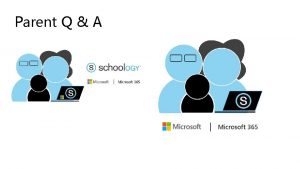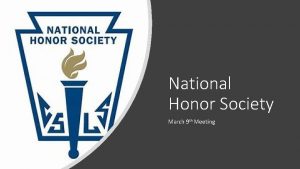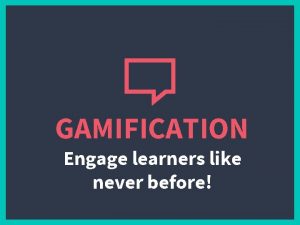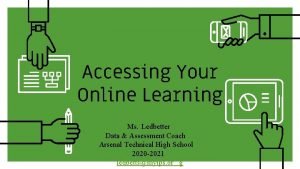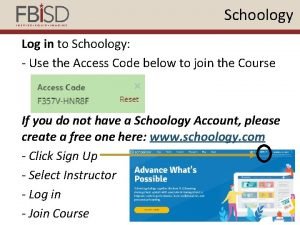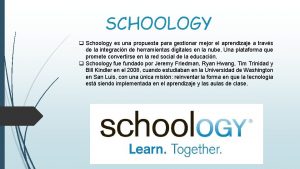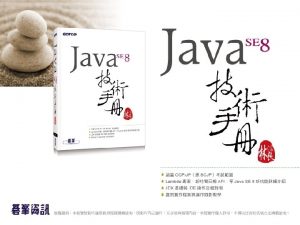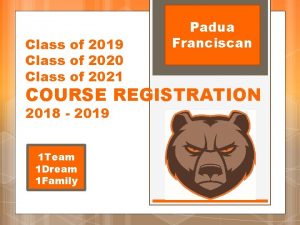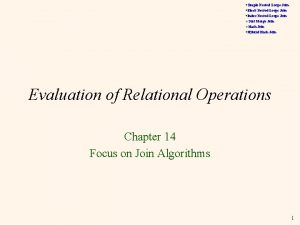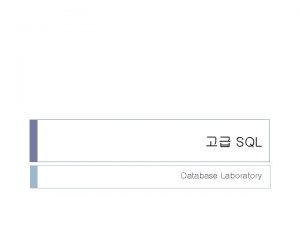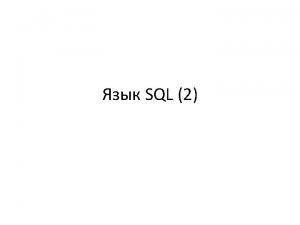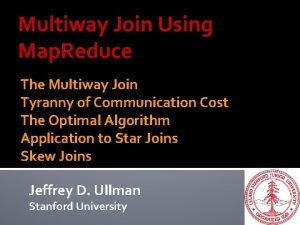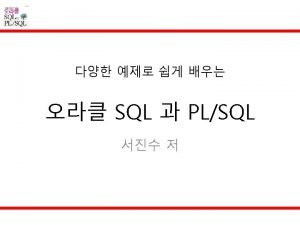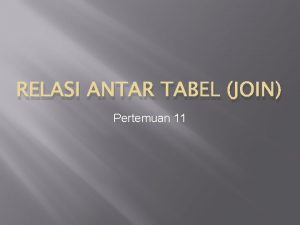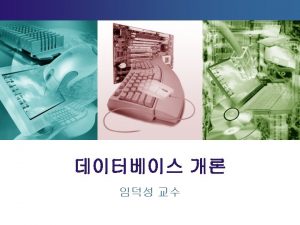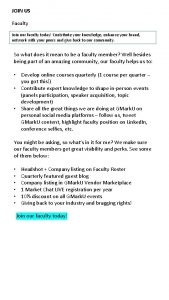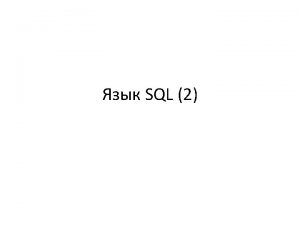2019 2020 AP Class Meeting Schoology Group Join








![Pre-Calculus [dual credit available through CWU] This course expands on what you learned in Pre-Calculus [dual credit available through CWU] This course expands on what you learned in](https://slidetodoc.com/presentation_image/646c312b63addbed227240c6ed132a3a/image-9.jpg)






































- Slides: 47

2019 -2020 AP Class Meeting

Schoology Group • Join the Advanced Placement at Rogers High School Group in Schoology: Access Code FKN 56 -4 XQ 6 Q

Summer Assignment General Information • Benefits of AP • You will be taking the AP test for each class you’re signed up for next year. • If the AP class you signed up for has a summer assignment, you need to complete it before you return! • If you feel like this is too much for you to take on, talk to your counselor ASAP!

How do you get books for the summer assignment? • Immediately after this meeting is concluded go over to the library where you will be able to check out your books • If you do not get it today the main office is open from 8 -2 next week and then will be closed until early August • PLEASE DO NOT check out a book if you are positive you are going to be doing Running Start.

Library Procedures for AP Courses/Textbooks/ Summer Assignments • THE ONLY CLASSES THAT NEED TEXTBOOKS ARE: • AP Chemistry-Chemistry book • AP Biology-Biology Book • AP Senior English-Death of a Salesman • AP Psychology – Psych Textbook • AP US History – Main Textbook

Mathematics • AP Calculus • Mr. Wilber • Pre-Calculus • Mrs. Query • AP Statistics • Mr. Beni

Topics in AP Calculus Pre-Calculus Topics to Know Really Well • Graphing • Solving Equations • Logarithms • Exponentials • Trig Equations • Trig Graphs • 12 Basic Functions Derivatives First Main Concept— • Rules: Product, Quotient, Power, Chain, Trig • Particle Motion: Position, Velocity, Acceleration, and Speed • Linear Approximation • Extreme Values • Concavity • Inflection Points • Related Rates Basic Calculus Concepts • Limits • Continuity • Tangent Lines • Slopes of Curves • Rates of Change Average and Instantaneous Integrals Second Main Concept— • Area Under a Curve, Between Curves • Accumulation • Average Value • Fundamental Theorem of Calculus • Volumes of Revolution and Solids

![PreCalculus dual credit available through CWU This course expands on what you learned in Pre-Calculus [dual credit available through CWU] This course expands on what you learned in](https://slidetodoc.com/presentation_image/646c312b63addbed227240c6ed132a3a/image-9.jpg)
Pre-Calculus [dual credit available through CWU] This course expands on what you learned in Pre-AP Algebra II (advanced algebra, functions, trigonometry) and then introduces new topics (matrices, conic sections, and derivatives). • Each semester has a comprehensive final worth 20% of your overall grade. • You will have homework every night (30 -60 minutes on average). • This class is faster and more challenging than Pre-AP Algebra II. • There is a summer assignment.

Sample problems (from 2 nd semester final review)

Goals of AP Statistics • Plan and conduct a study • Describe patterns and departures from patterns • Explore random phenomena using probability and simulation • Estimate population parameters and test hypotheses Approximately 80% of college majors require some form of Statistics… The next slide is a list of college majors that either require a Statistics class or where the quantitative methods of Statistics is required.

AGRICULTURAL SCIENCES Agricultural and Environmental Plant Sciences Agricultural Business Agricultural Communication Agricultural Education Agricultural Mechanization and Business Agricultural Systems Management Agronomy Animal and Veterinary Sciences • Animal Agribusiness • Equine Business • Preveterinary and Science Crop Science Culinary Science Dairy Science Fisheries and Aquatic Sciences Food Science • Food Science and Technology Nutrition and Dietetics Forest Resource Management Forestry and Natural Resources Horticulture Plant and Environmental Sciences Plant Genetics Plant Science Soil and Water Sciences Wildlife and Fisheries Biology Wine and Viticulture MEDICAL PROFESSIONS Exercise Studies Health Information Management Health Science • Cardiovascular Imaging Leadership • Health Promotion and Education • Health Services Administration College Majors Requiring Statistics Kinesiology Movement and Sport Sciences Nursing Nutrition Occupational Health Occupational Therapy Pharmaceutical Sciences Physical Therapy Pre-Pharmacy Pre-Rehabilitation Sciences Respiratory Care Speech Language Hearing BUSINESS Accounting Actuarial Science Advertising Aviation Management Business Administration Construction Management Finance Financial Management Game Studies Information Science Management Marketing Operations Research Public Administration Recreation, Parks, and Tourism Administration ENGINEERING Aerospace Engineering Agricultural Engineering Architectural Engineering Bioengineering Biomedical Engineering Bioresource and Agricultural Engineering Chemical Engineering Civil Engineering Computer Information Systems Computer Science Computer Software Engineering Construction Science and Management Electrical Engineering Management and Protection Environmental and Natural Resources Environmental Engineering Industrial Design Industrial Engineering Industrial Management Industrial Technology and Packaging Landscape Architecture Materials Science and Engineering Mechanical Engineering Packaging Science Robotics MATHEMATICS AND SCIENCE Animal Behavior Animal Science Applied Mathematics Applied Meteorology and Climatology Applied Physics Astronomy Atmospheric Science Biological Sciences Brain and Behavioral Science Chemistry Clinical Laboratory Science Comprehensive Science Earth Science Entomology Environmental Science Genetics, Geology Geophysics, Hydrogeology Marine Sciences, Mathematical Sciences Mathematics, Meteorology Microbiology, Neuroscience Physics Planetary Science Pre-Health Pre-Veterinary Medicine Statistics SOCIAL STUDIES AND THE HUMANITIES Anthropology Archaeology Child Development City and Regional Planning Communication Studies Comparative Ethnic Studies Criminal Justice Criminology Developmental and Family Science Economics Education Environmental Studies Film and Video Studies Geography Graphic Communications History Journalism Language and International Health Liberal Studies Library Science Linguistics Mathematics Teaching Political Science Public Policy Psychology Public Health Sociology Urban Studies

Statistics is about real life. As a result, questions are word problems with real life application. Here is an example of a question from Goal 1: Plan and Conduct a Study. Before beginning a unit on frog anatomy, a seventh-grade biology teacher gives each of the 24 students in the class a pretest to assess their knowledge of frog anatomy. The teacher wants to compare the effectiveness of an instructional program in which students physically dissect frogs with the effectiveness of a different program in which students use computer software that only simulates the dissection of a frog. After completing one of the two programs, students will be given a posttest to assess their knowledge of frog anatomy. The teacher will then analyze the changes in the test scores (score on posttest minus score on pretest). (a) Describe a method for assigning the 24 students to two groups of equal size that allows for a statistically valid comparison of the two instructional programs. (b) Suppose the teacher decided to allow the students in the class to select which instructional program on frog anatomy (physical dissection or computer simulation) they prefer to take, and 11 students choose actual dissection and 13 students choose computer simulation. How might that self -selection process jeopardize a statistically valid comparison of the changes in the test scores (score on posttest minus score on pretest) for the two instructional programs? Provide a specific example to support your answer.

English/Language Arts • AP Seminar • Ms. Leonardy and Ms. Waring • AP Research • Ms. Waring • AP Language • Ms. Leonardy and Ms. Waring • AP Literature and Composition • Ms. Hallberg

AP Seminar • Instructors: • Ms. Waring warinnm@Puyallup. k 12. wa. us • Mrs. Leonardy leonarre@Puyallup. k 12. wa. us • Make sure you join the RHS Schoology Group!

What Will We Do? • Question & Explore Current Issues • Research and Present Information • Collaborate Successfully with a Team • Participate in Rewarding Discussion • Prepare for College Success

Expectations • Apply feedback • Manage your time • Communicate with a team • Attend class consistently • Advocate for yourself • Complete your work thoroughly • Encourage your classmates

Announcements • Pick up a Summer Assignment • If you plan to drop this course, please do so ASAP. • If you are on the waiting list, check your email at the end of August.

AP Research • Instructors: • Ms. Waring warinnm@Puyallup. k 12. wa. us • Make sure you join the RHS Schoology Group!

What Will We Do? • Complete a year-long research study. • Present your findings in an academic paper and presentation. There is a Summer Assignment.

AP LANGUAGE & COMPOSITION (JUNIOR ENGLISH) This course tests your skills in composition and comprehension, requires close reading, thoughtful rhetorical analysis, and purposeful argumentation. Composition, mostly in the form of many on-demand essays, includes: • Analytical writing with a focus on rhetorical strategies an author uses to construct their work. • Argumentative writing and the ability to deconstruct an author’s argument. • Synthesis of information from multiple sources to support an argument.

Comprehension, mostly in the form of frequent multiple choice quizzes, are given to further test skills in rhetorical analysis of prose passages. Sample quiz question:

Expectations/Requirements • Complete frequent, short reading and writing homework assignments. • Attend class regularly and use your time wisely. • Participate in class discussions. ***There is a SUMMER ASSIGNMENT on Schoology.

AP Literature and Composition As stated in the course title, it is a class dedicated to the reading of literature and writing about it. Discussion and analysis are the core of the class. This course has an emphasis on world literature, utilizing texts from varying times and places, ancient to contemporary. To understand the intent of the authors (and in many cases their characters), we must also work to understand their context. Study includes an intense repertoire of poetry, short stories, novels, and drama, requiring a high degree of commitment and a strong work ethic. Students can expect daily reading and writing assignments, generally 3045 minutes. There is a summer assignment. Please come and see me with questions before the close of the school year.

A sample essay question from a recent exam

Science • AP Biology • Ms. Cosme • AP Chemistry • Mr. Schwebke • AP Physics • Mr. Whitley

AP BIOLOGY MUST DO’S • • • SUMMER ASSIGNMENT READ & REVIEW NOTES NIGHTLY BRING IN QUESTIONS DAILY COMPLETE ONE FRQ PER WEEK COMPLETE LABS EACH WEEK HELPFUL HINTS FROM THE PROS * USE QUIZLET APP FOR VOCAB * WATCH BOZEMAN VIDEOS * GET A TEST PREP BOOK EARLY * ASK FOR HELP WHEN NEEDED * TAKE PRACTICE EXAMS “BIOLOGY…THE ONLY SCIENCE WHERE MULTIPLICATION & DIVISION MEAN THE SAME THING”

2019 AP BIO EXAM FRQ

AP Chemistry To be successful: Complete daily assignments and nightly readings as assigned (Don’t try to play catchup) Ask questions Complete pre-labs prior to day of lab Study as many FRQs as possible Watch videos Get a test prep book Recommendations: AP Cliff Notes: AP Chemistry 5 Steps to a 5: AP Chemistry Practice Questions Princeton Review: Cracking the AP Exam

Are you ready for AP-Chemistry? • You have strong math skills • You got an A in Pre-AP Chemistry • You always complete assignments and readings on time • You have time every night to complete assignments or review concepts • You ask questions or seek help when needed • You attend class daily Concepts to review over the summer: • Element names and symbols • Significant figures • Naming compounds • Density • Physical and Chemical properties/change • Writing and balancing chemical equations • Stoichiometry


AP Physics Topics § Unit 1 - Motion and Force § Unit 2 - Gravity and Rotation § Unit 3 - Momentum and Energy § Unit 4 - Oscillations and Waves § Unit 5 - Electricity and Magnetism Post Test § Unit 6 - Properties of Light and Optics

Sample AP Physics Problem Two small spheres are each given + 1 n. C of charge and placed 1 cm apart (0. 01 m). What is the force of repulsion between the two spheres? -9 C)(1 x 10 -9 C) (1 x 10 9 Nm 2/C 2 9. 0 x 10 F= (0. 01 m)2 F 9 Nm 2/C 2 9. 0 x 10 = 1 x 10 -18 C 2 0. 0001 m 2 F 9 Nm 2/C 2) 1 x 10 -14 C 2 (9. 0 x 10 = m 2 F -5 N) (9. 0 x 10 =

Foreign Language • AP Spanish • Ms. Langston

AP Spanish 4 – Study of Spanish Language and Culture The AP Spanish 4 Class will prepare students for the AP Spanish Language and Culture Exam which assesses students' proficiencies in the interpersonal, interpretive, and presentational modes of communication. As much as possible, students read and listen to authentic texts from the Spanish-speaking world throughout the exam. Ways to stay connected & informed over the summer: • Join the Schoology group D 2 BX 9 -9 WFS 9 to see Use the following link to summer discussions check out test samples Students will prepare for the 3 major components of the AP Exam: 1. 65 multiple choice questions that include reading and listening sections 2. A two-part written section that includes a response to an email and a and information: persuasive essay http: //apcentral. collegeboard. 3. A speaking section where you hold a conversation and respond to prompts com/apc/public/exam_i nformation/4554. html#2015 Students will be immersed in the language in an all Spanish spoken classroom Summer Assignment that encourages students to read and respond to authentic material, hold 2018/19 discussions to enhance their language skills, and improve their writing through various quick responses and longer essay writing. This class will be a chance to increase language skills while learning new culture and diving deeper into the beautiful language, music, history and cultures of the many Spanish speaking countries around the world. You will be completing an AP Spanish Scavenger Hunt over the summer. This will be posted in the AP Spanish Schoology

Social Studies • AP Psychology • Ms. Turner • AP US History • Mr. Carlson • AP Government • Mr. Zentz

AP PSYCHOLOGY Mrs. Turner

AP PSYCHOLOGY Workload/requirements: • About an hour a night • Finish readings and assignments BEFORE to class • Keep and organize all work • Be in class and participate in activities The Exam: • 100 Multiple Choice questions • 2 Free-Response Questions

SAMPLE FREE-RESPONSE QUESTION Scenario, issue, or problem • Define and apply 6 -8 Psychology terms Ex. Two high-school kids take lots of classes together and go to the same college. How do these concepts increase the likelihood of a romantic relationship between them? • • Proximity Mere exposure effect Altruism Companionate love

SUMMER ASSIGNMENT • Read Unit 1: Psychology’s History and Approaches • Read (26 pages) • Color-coded notes • Vocab/Key term chart • Complete quizzes CHECK • Multiple Choices – in Schoology OUT • FRQs written/ready for first day of school BOOK • Unit 1 Exam Thursday September 5 th

AP US History This course covers US History from ~1300 – present times. Wide range of historical perspectives including Social, Political, Economic & Cultural history Work to understand & apply primary source documents Understand both the events & the context that surrounds them About 1. 5 -2 hours of homework / reading a night Strong work ethic is needed to keep up on assignments, falling behind can lead to a spiral Assessments: Essays, Multiple Choice tests & quizzes, projects, presentations & class discussions There is a summer assignment!!


AP Government Course Description This course will give students an analytical perspective on government and politics in the United States. The course is a two semester course that is the equivalent to an introductory college-level course in United States Government. In addition, it will also prepare students for the opportunity to take the AP U. S. government and politics exam in May. Course content will cover general concepts used to interpret U. S. politics and the analysis of specific examples. Familiarity with the various institutions, groups, beliefs and ideas that constitute U. S. Government and politics is the foundation of skill development in this class. Textbook George C. Edward, Martin P. Wattenburg, and Robert L. Lineberry. Government in America: People, Politics, and Policy, 10 th ed. New York: Addison Wesley Educational Publishers, Inc. , 2002. Woll, Peter, American Government: Readings and Cases, New York: Pearson Longman, 1999 Current Events Students are responsible for keeping up with the daily events in the nation and the world. Students can find important information on Mr. Zentz’s home page on eschools. Websites and Links to important news sources can be found at the following address. https: //www. edline. net/User. Profile. View. page

Sample FRQ (Free Response Question)

Schoology Group Join the Advanced Placement at Rogers High School Group in Schoology: Access Code FKN 56 -4 XQ 6 Q

Library Procedures for AP Courses/Textbooks/ Summer Assignments If you need a textbook, go out the commons to the back of the library to get your book for your summer assignment THE ONLY CLASSES THAT NEED TEXTBOOKS ARE: AP Chemistry-Chemistry book AP Biology-Biology Book AP Senior English-Death of a Salesman AP Psychology – Psych Textbook AP US History – Main Textbook

Good luck!
 Sae government industry meeting 2019
Sae government industry meeting 2019 Nrg oncology meeting 2017
Nrg oncology meeting 2017 Sae government industry meeting 2019
Sae government industry meeting 2019 Nrg virtual meeting
Nrg virtual meeting Nrg oncology meeting 2019
Nrg oncology meeting 2019 Https quizlet
Https quizlet Https//quizizz.com/join class
Https//quizizz.com/join class For today's meeting
For today's meeting Today meeting or today's meeting
Today meeting or today's meeting What is meeting and types of meeting
What is meeting and types of meeting What is meeting and types of meeting
What is meeting and types of meeting Programmazione religione scuola infanzia 2019-2020
Programmazione religione scuola infanzia 2019-2020 Ao escolar
Ao escolar Staar interim assessments 2019-2020
Staar interim assessments 2019-2020 Programa interno de seguridad escolar
Programa interno de seguridad escolar Huso prijava
Huso prijava çoçuk kulübü öğretmen ücreti 2019-2020
çoçuk kulübü öğretmen ücreti 2019-2020 Influenza vaccine dosage chart 2019-2020
Influenza vaccine dosage chart 2019-2020 Relazione funzione strumentale area 3
Relazione funzione strumentale area 3 Admission guide 2019-2020
Admission guide 2019-2020 Minimax 2019 2020
Minimax 2019 2020 American psychiatric association annual meeting 2020
American psychiatric association annual meeting 2020 Herbalife opportunity
Herbalife opportunity Rhic ags users meeting 2020
Rhic ags users meeting 2020 Ug ugbo
Ug ugbo Jefferson lab sol
Jefferson lab sol Class meeting agenda
Class meeting agenda Senior class meeting
Senior class meeting Fm group world
Fm group world Standish group chaos report 2020
Standish group chaos report 2020 Arista stuy
Arista stuy Ehtni day
Ehtni day Schoology wissahickon
Schoology wissahickon Schoology avon
Schoology avon Seaford.schoolgy
Seaford.schoolgy Schoology login troy
Schoology login troy Fbsd schoology
Fbsd schoology Links for students grms
Links for students grms Kimberly tuttle
Kimberly tuttle Schoology ncd
Schoology ncd Puyallup schoology
Puyallup schoology Schoology grps
Schoology grps Stjohnsschools.schoology
Stjohnsschools.schoology Westernline.org schoology
Westernline.org schoology Schoology utica
Schoology utica Dpscd.schoology
Dpscd.schoology Appo schoology
Appo schoology Myips.clever
Myips.clever




